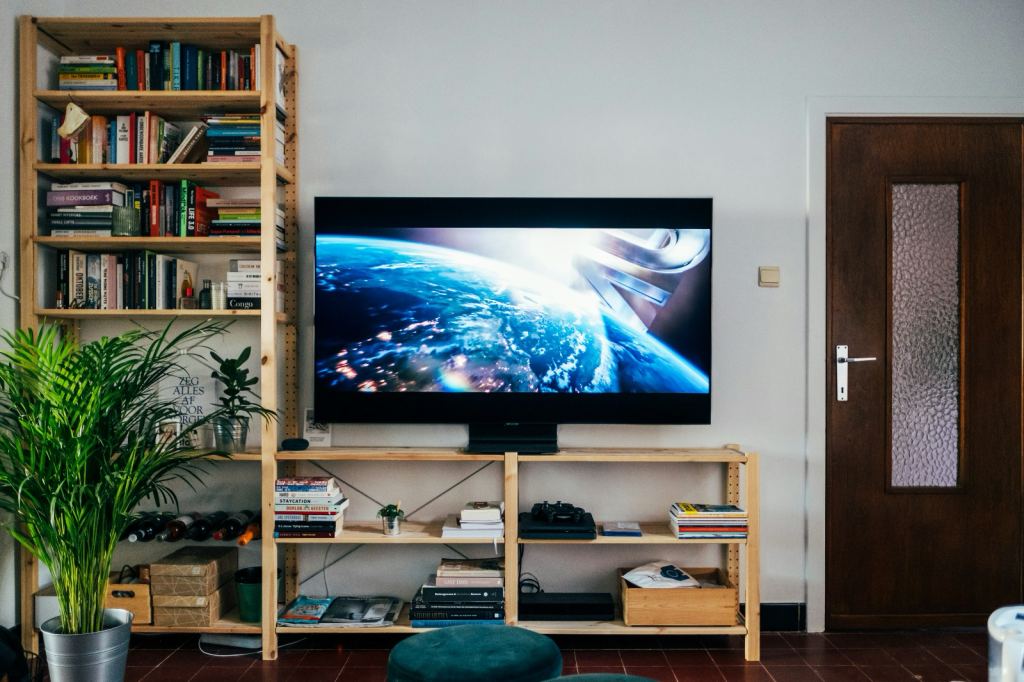For years, TV manufacturers have been locked in a race to offer ever larger screens — and ever higher resolutions. In the early 2000s, we experienced the HD (720p) and Full HD (1080p) revolutions, and over the last decade, we’ve been flooded with 4K (2160p) and even 8K (4320p) displays. Many people — including scientists — have started to wonder when, or if, this “pixel arms race” will finally end.
Experiments led by Dr. Maliha Ashraf and Prof. Rafał Mantiuk found that the limit of human visual perception is roughly 94 pixels per degree (PPD) for black-and-white images and 89 PPD for red-green contrasts. For yellow-violet contrasts, the threshold drops to 53 PPD, meaning our eyes are significantly worse at detecting fine details in color compared to grayscale.
In practical terms, this means that in a typical living room — where the TV sits about 2.5 meters (8 feet) from the sofa — a 44-inch 4K or 8K screen doesn’t provide a noticeably sharper image than a cheaper 2K model.
“If a screen has more pixels than we can actually perceive, it only increases cost and power consumption,” explains Prof. Mantiuk.
The researchers have also developed a free resolution calculator that helps determine whether your TV has a reasonable pixel density relative to your viewing distance.
The Cambridge team also notes that the popular concept of “20/20 vision” — the ability to resolve details one arcminute in size (equivalent to 60 PPD) — is outdated. Modern studies show that young people with excellent eyesight can reach up to 120 PPD, suggesting that the human eye has greater potential than previously thought — but only under optimal conditions.
However, in everyday scenarios — with longer viewing distances and color perception limits — even a “perfect” image doesn’t look better beyond a certain resolution threshold. That’s why researchers argue that companies should focus more on contrast quality, color accuracy, and brightness rather than endlessly increasing pixel counts.
The study also carries implications for the VR and AR industries, where engineers strive to build displays so realistic that the line between virtual and real becomes invisible. The Cambridge findings could help manufacturers determine when higher resolution stops making a difference — and where real improvements in image quality can be achieved.
From my own experience, these results make sense. When I watch movies or play games on a 55-inch TV, 4K looks clearly better than 1080p and slightly better than 1440p — but 8K on the same screen offers no visible improvement over 4K.


